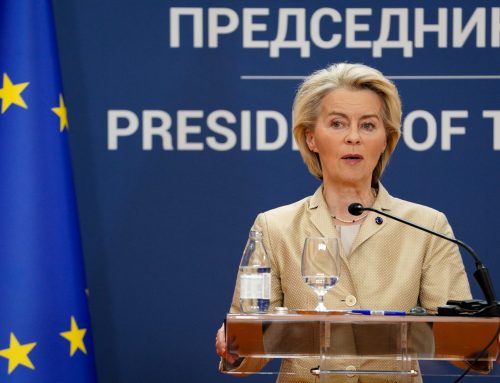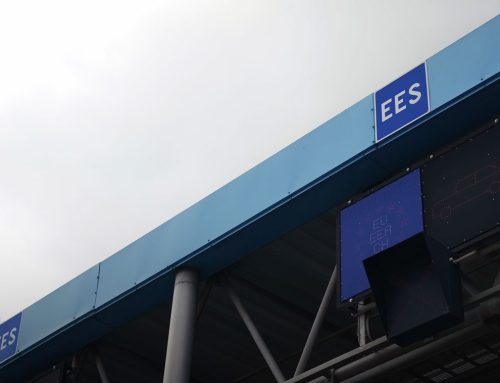Economic governance has become one of the “key pillars” of European Union’s enlargement policy, Stefan Füle, European Commissioner for Enlargement and European Neighborhood Policy said at the 6th Western Balkans Ministerial Conference in Belgrade on economic governance and connectivity that he attended along with the Vice-President of the Commission Jyrki Katainen. EU is ready to support better connectivity in the Balkans with 1 billion euros from IPA funds and 10 billion euros in soft loans, Füle said.
“What we are discussing now is not part of an isolated enlargement agenda, but a reflection of the challenges and opportunities we see these days in the European Union,” Füle said at the conference “Reforms and competitiveness in the Western Balkans.”
Füle noted that during a major economic global crisis, the European Commission has seen “major changes in the EU’s economic governance,” that could help candidate countries to prepare for the membership in the bloc.
“The new process we are proposing – involving a credible reform programme and an enhanced surveillance with the European Union – is inspired by the European Semester process,” Füle said.
Although the Commission “does not yet consider that any Western Balkans country meets the economic accession criteria, in terms of functioning market economies or having the capacity to cope with competitive pressures and market forces within the Union,” it wanted to “enhance economic policy-making capabilities… to boost competitiveness and growth and job creation,” Füle said.
“Relevant and credible reform programmes will be needed to restructure your economies and to safeguard macro-financial stability,” Füle said, calling on the Western Balkans countries to prepare their “National Economic Reform Programmes.”
One of the key elements of the programme is dedicated to prepare sectoral structural reforms that would promote competitiveness and growth and send strong signals to investors that good business environment is a national priority, he said.
“A credible and relevant economic reform programme will provide a solid basis for economic dialogue with the European Union,” Füle said.
The Commission is expected to receive the programmes January 31, before organising its assessment missions in February or March 2015.
Major international financial institutions – the IMF, the World Bank, the EBRD and the EIB – will also be a key partner in this process, Füle said.
“This work on the economy will be a key pillar in the enlargement process going forward,” Füle said.
The Vice-President of the Commission Katainen said the EU had gone through an economic crisis and realised how important it is to strengthen economic governance, not only within the EU but in other parts of Europe as well.
“We have learned lessons from the crisis, we cannot afford to do same mistakes again,” Katainen said. He said that “we have to coordinate our economic policy more and better than ever before. This is a precondition of creating trust and confidence in every part of Europe”
“We are so interconnected and interdependent… we have to strengthen economic governance in every part of Europe,” Katainen said.
The conference also discussed transport and energy connectivity among the Western Balkan countries, and between them and the EU, the commissioner told journalist afterwards, adding that “EU will help policy-wise and financially.”
“Here, the EU is ready to support better connectivity with up to 1bn EUR in grants from IPA funds, and 10bn EUR in soft loans from international financial institutions until 2020,” Füle said.
“This means that we are finally moving from words to deeds. It means that time has come to offer the people in the Western Balkans modern infrastructure and transportation opportunities within the region and with the EU,” he said.
Since this was his last official engagement in the region in current capacity, Füle thanked partners in Serbia and elsewhere in the region “for the work we did jointly over the last years.”
“With Jyrki Katainen here, and Commissioner Johannes Hahn, you will be in good and responsible hands,” he said.
“And the presence of Jyrki here is a clear proof that what we talk about here is wider than an isolated enlargement policy. It is a clear sign that we want the Western Balkan countries to address the same challenges in the same way we are addressing them in the EU,” Füle added.
More at: Пress release SPEECH 14-715



